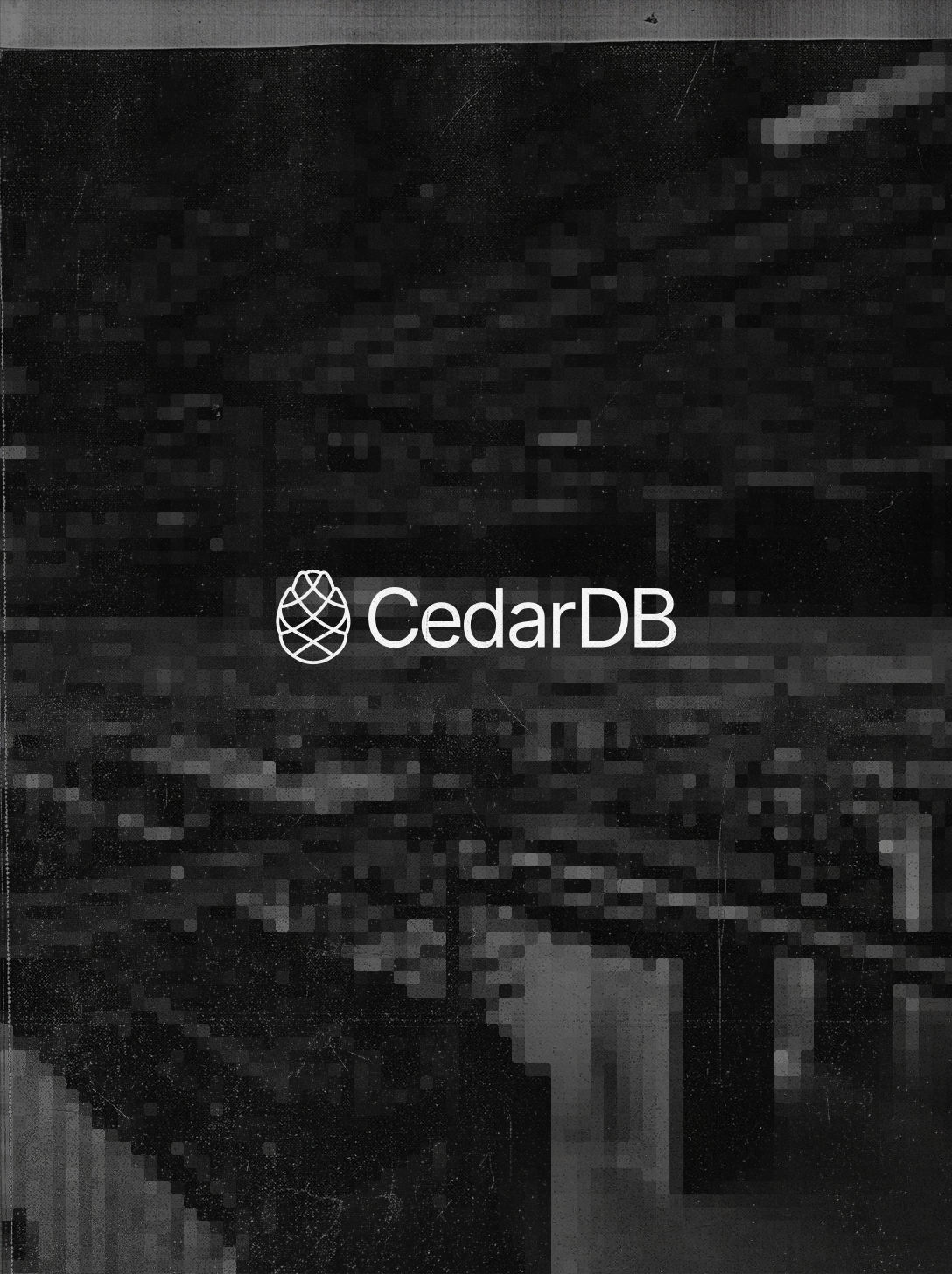.avif)
Building Brains for Robots
Amplify Partners leads $7 million initial funding for covariant.ai.
How can we build a robot that learns? Before answering this question, let’s start with a simpler one. How might a robot catch a baseball? Nowadays, the standard approach would model the problem with complex differential equations that account for factors like gravity, air resistance and so on. Successfully catching the ball depends on an incredibly precise plan executed in a deterministic environment, which is why a lot of tasks are too difficult to automate. But this is not how we, humans, catch a baseball. Humans, to our credit, figured out how to live in an imprecise world. In learning how to play catch, we might observe someone else first, try it ourselves and continue calibrating our movements until we figure it out or get bored, whichever comes first.
So to teach a robot to play catch, or any number of tasks, we need to teach them how to learn from experience and from demonstration. We must enable them to act on their observations and adapt until they achieved their goal. This is what the all-star team at covariant.ai is set to accomplish. Covariant.ai is set on building brains for robots to automate what was previously impossible.

The covariant.ai team builds on their pioneering contributions to machine learning applied to robotics, including work in Deep Reinforcement Learning, Deep Imitation Learning and Meta-Learning. Pieter and his students have been forces of nature at UC Berkeley and OpenAI. As a PhD (focused on deep learning and mathematics) at UC Berkeley, I was lucky enough to witness their efforts first-hand. Deep Reinforcement Learning addresses the problem of an agent interacting with its environment and altering its behaviour in response to the rewards received. The “Deep” part takes advantage of advancements in deep neural networks to learn compact representations of complex, high dimensional data. This is key because the real world is infinite dimensional and the real world is where robots operate. Deep Imitation learning is a class of methods to enable learning via demonstrations. A direct application of this is to train robots to learn from VR demonstrations to do tasks that cannot be programmed. And finally meta-learning tackles learning to learn, so robots get better at generalizing from a diverse array of tasks.

The entire covariant.ai team is responsible for an impressive amount of robotics research coming out of OpenAI and UC Berkeley. I first met Rocky Duan (CTO of covariant.ai) when giving a talk on my research at OpenAI early last fall. I remembered distinctly that Rocky asked very interesting questions. Other researchers in the field, when speaking about Rocky’s work, rarely forgot to mention that he is a “rock star”. Andrej Karpathy, director of AI at Tesla and one of the founding members of OpenAI, shared with me once that Peter Chen (CEO of covariant.ai) and Rocky Duan’s work is “extremely creative” and they had “lots of insightful discussions” during their time at OpenAI. This is a view I’ve heard echoed in the community.
Given all this, you can imagine my excitement when Pieter Abbeel told me that he and his students Rocky, Peter and Tianhao were going to found a startup to make robotics much smarter and solve problems previous automation found impossible. I was thrilled to be in a position to support them.
teaching robots to learn quickly a diverse array of tasks, we enable robotic applications traditionally limited to large-scale operations and capital commitments; we are embarking on an exciting journey to democratize automation.
The technologies developed covariant.ai will radically impact how companies, ranging from retail to manufacturing, make use of industrial robotics. Our mandate at Amplify is to work with early stage top-of-their-game technical founders solving technical problems. We could not be more excited to partner with this all star team pushing the cutting edge of robotics research to the real world.




